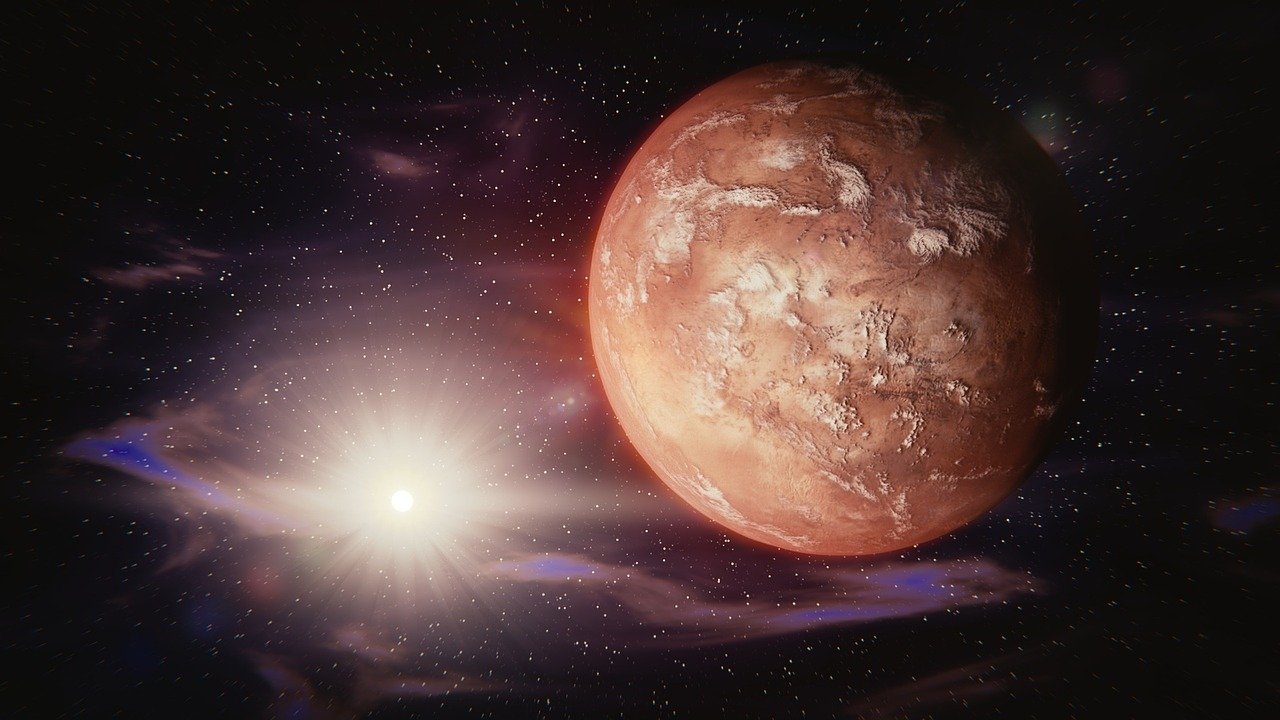
New Findings on South Pole of Mars
Mars, also known as ‘The Red Planet’, has always been a topic of discussion all around the world. Scientists and astronomers have always been curious to know more about it. Various studies have been undergoing on this particular planet. Different countries have their methods for their study.
A new improvement in this study has taken place. Scientists have found out the chances of lakes and ponds being present on Mars. Below is a small report on the finding.
Some of the previous researchers had estimated the presence of water several years ago. The previous findings suggested that Mars was a warm and wet planet similar to Earth around 4 billion years ago. It later dried out to a barren and dry planet as it is today.
A team of scientists of Italy led by Sebastian Emanuel Lauro of Roma Tre University has a recent development in their study. 2 years ago, they had come across the chances of a large buried lake on Mars. A continuous study had been undergoing since then to find out what it was. They collected a lot of different data from various sources.

Using the data from the European Space Agency’s Mars Express orbiter, they expanded their area of study by more than a hundred miles. They also compared their study with more than 100 radar observations of the last 10 years.
On Monday, the 29th of September, scientists have reported their findings. In the journal of Nature Astronomy, they have reported the presence of a salt lake buried under an icy surface on the South Pole with further evidence. They have estimated this lake to be buried around 1.5 kilometers under the icy surface and of length about 20-30 kilometers.
The interesting fact in this study is that the scientists have found the presence of three tiny water bodies near the lake. These three ponds are separate from the main salt lake and are of different sizes.
The buried lakes on Mars were identified using a method similar to that which is commonly used on Earth to find buried lakes in Antarctica and the Arctic.
This finding of the presence of a buried lake has widened the area of research on Mars on again. As per the findings, there are chances of microbial life being present on the planet. The researchers have suggested focusing on this region during the Mars Missions in the future.


